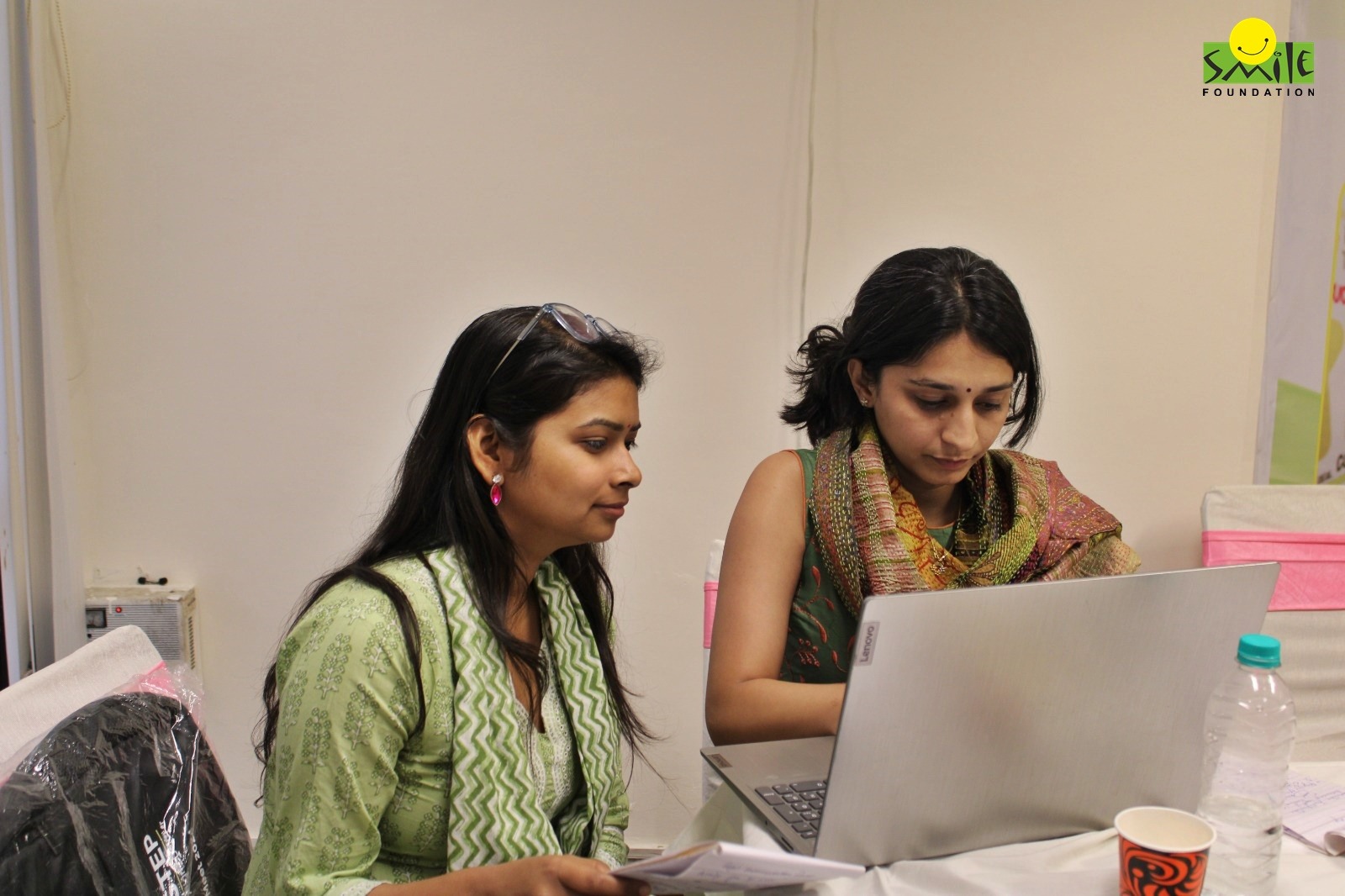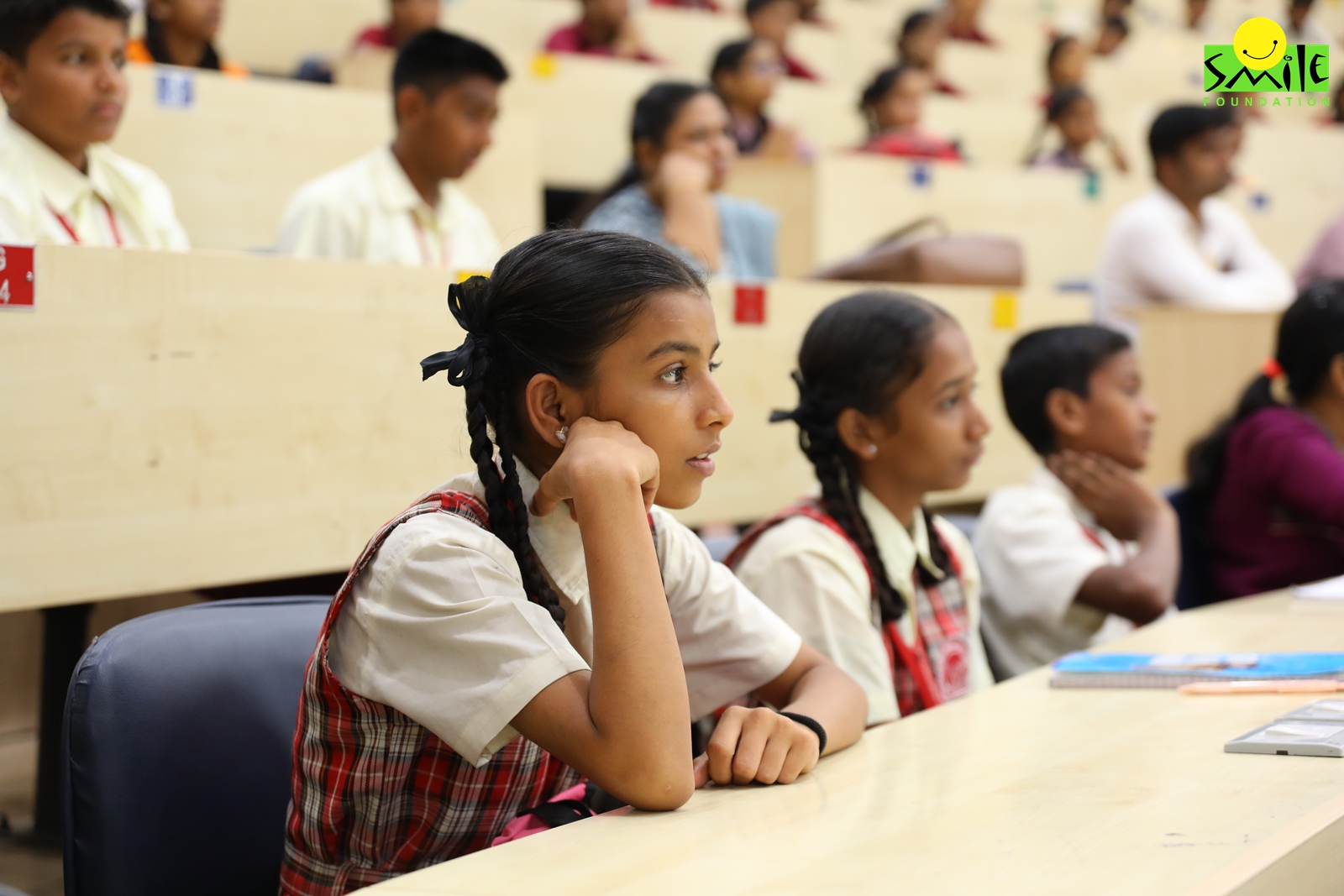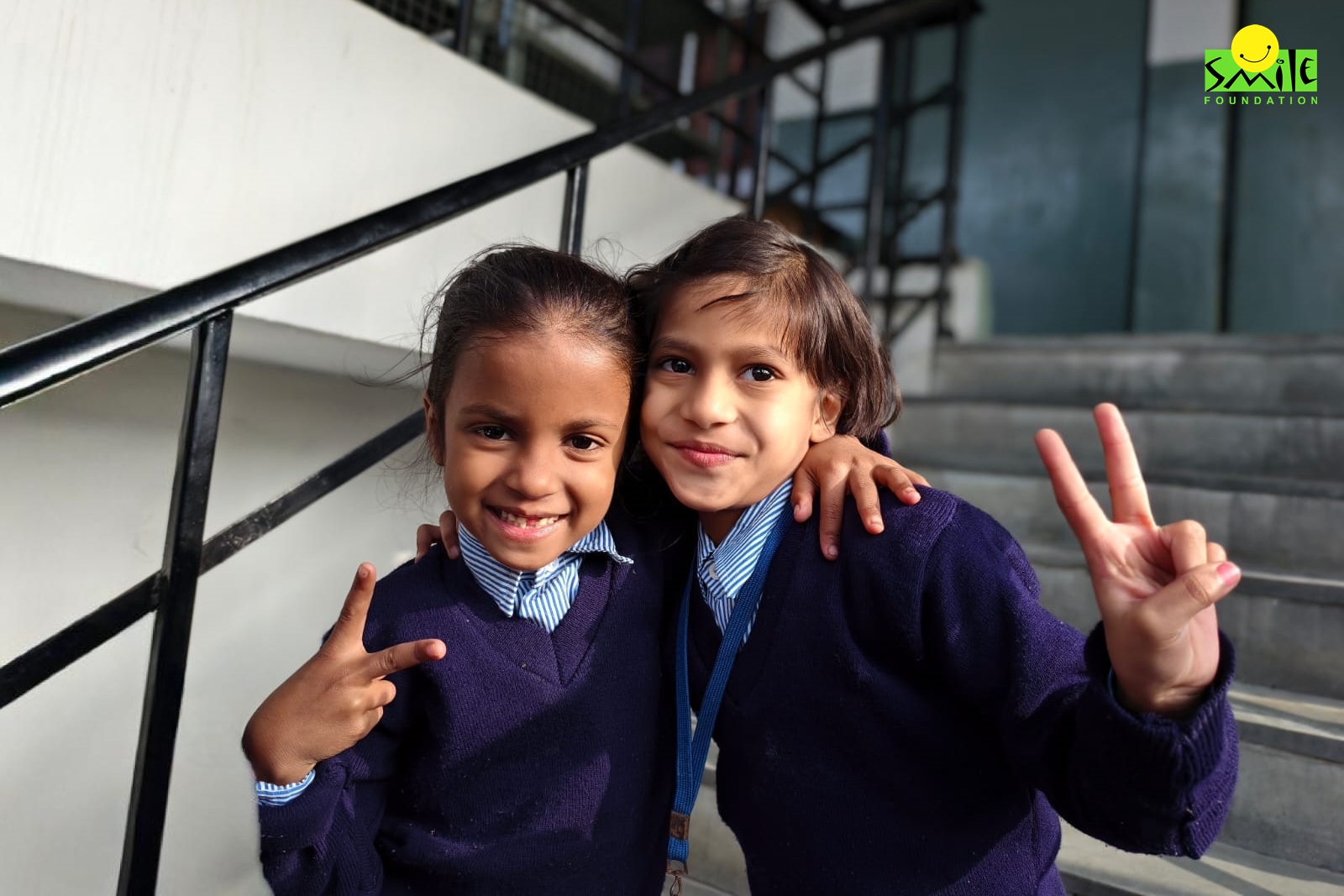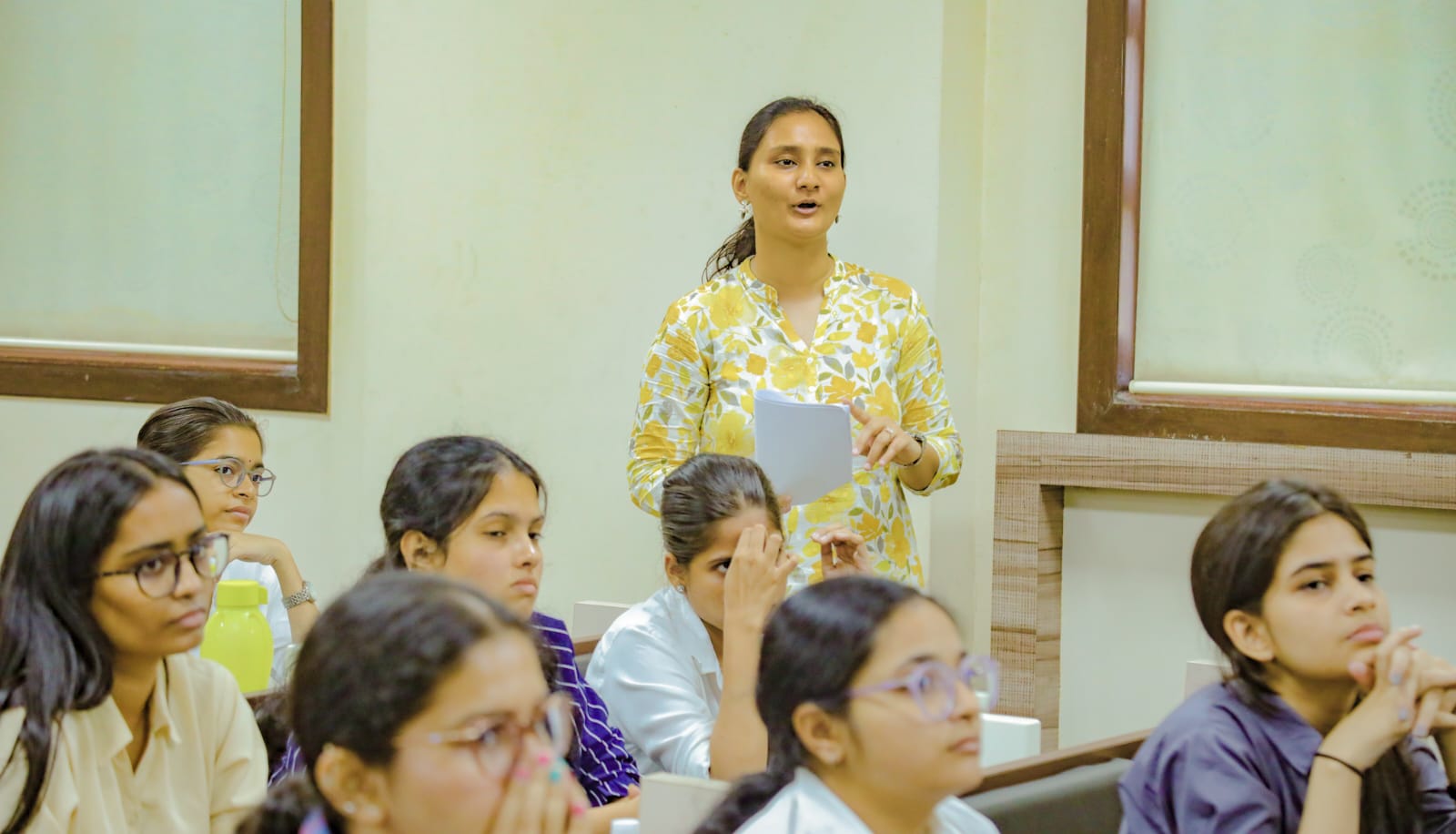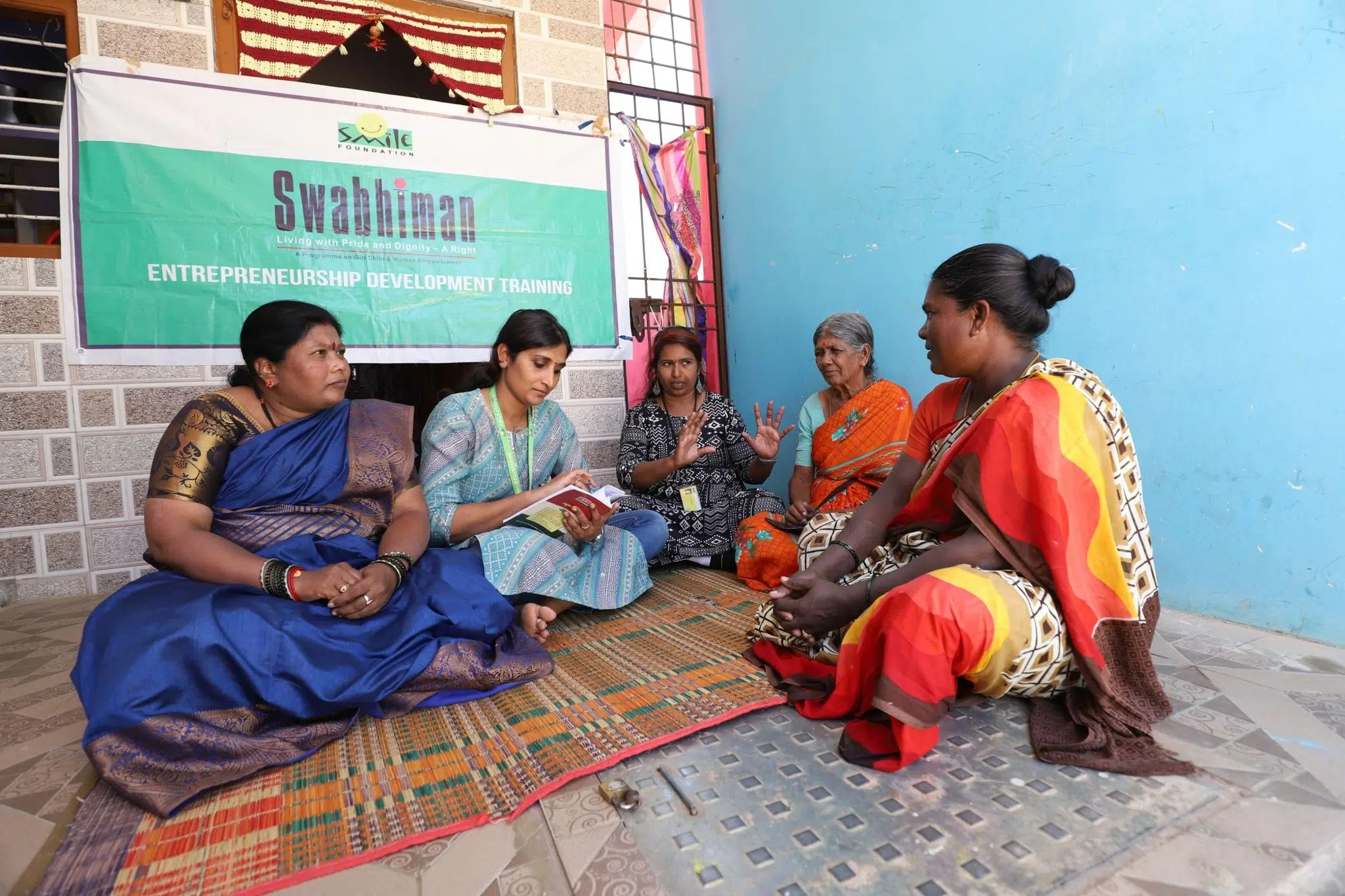Children learn how to make good decisions by making decisions, not by following directions.
Alfie Kohn
Raising children is a complicated, demanding yet fulfilling, and happy job. A child’s safety, health, and future are paramount to parents. So parenting becomes complicated when a child must be given the space to decide for herself.
A certain level of autonomy instills a child’s self-confidence. This nurtures creativity and innovation. Therefore, let children decide! The question is how to find a balance between the freedom and responsibilities of a child.
The world needs smart innovators who can solve Earth’s problems in a sustainable manner. Our Constitution rightly puts on its citizens a duty to develop scientific temper, humanism, and the spirit of inquiry and reform.
We can raise children who are inquisitive, innovative are creative thinkers. To achieve this a child requires a loving, nurtured, trustworthy and stress-free environment where she can express herself without fear and judgment.
Parenting Styles
Parents may be unaware and unconscious of the parenting style they have adopted for their children. However, experts have classified parenting styles into four categories i.e., authoritarian (fear-based parenting), authoritative, permissive, and uninvolved.
Although in present times, parenting styles are broadly classified into two categories i.e., fear-based parenting and trust-based parenting.
What is Fear-Based Parenting?
It comes from a place of fear of parents for the safety and well-being of their children. Parents are overprotective, so they end up forcing their wishes on the child which is secured by fear of consequences.
Simply put, fear-based parenting is when parents use power and control to try to get their kids to comply. If children fear the consequence of not complying with the wishes of their parents, then there will be some sort of punishment.
Some parents think fear-based parenting is good and safe for children, however, there are fear-based parenting examples that tell us otherwise. Aamir Khan, Mr. Perfectionist of Bollywood, presented a superhit movie Secret Superstar, a coming-of-age story of a girl named Insia. Against the wishes of her controlling father, she wants to be a singer. So, to achieve her dreams she lies to her parents, rebels, and starts posting her singing videos anonymously.
Another fear-based parenting example could be the tale of Casabianca taught in schools as a lesson in obedience. This noble story is about a brave, moralistic, and obedient young boy, Casabianca. As his father-captain of the ship directed, Casabianca stood his guard and did not move from the burning deck without his father’s command.
The boy did not know that his father was already dead. The boy had a brave death. This is a story of bravery and obedience. The father’s intention was to keep the child safe but Casabianca did not move because his father told him to not move.
Effects of Fear-based Parenting
Children are impressionable; they may not be able to channel their emotions properly and express them adequately. In such a circumstance, if a child is fearful of her parents, then she may not share her concerns with them. The effects of fear-based parenting have adverse effects illustrated below:
- Lack of Decision-making Skills
The child will always be dependent on their parent’s choices and decisions. She may not be able to decide what is good for herself or what the child actually wants to do. The child will always be doubtful of the decisions she will take and growing up and adulting will not be easy.
- Low Self Esteem
If the parent will not allow children to decide for them what game to play, or allow them to meet friends, the child’s choices and decisions will always be doubted, and rejected by the parent then such a kid will have low self-esteem.
- Indiscipline
While smaller children may not express themselves adequately, the adolescent child of such a parenting style may start rebellion at home- children might start lying, and stop sharing information such as what is going on in school.
- Distrust
The child, because of fear of consequences or punishment, may not share with parents important information as to when she is in danger, having difficulties at school, etc.
- Health Disorders
A 2018 study found parental control or fear-based parenting to be associated with higher odds of, depression, anxiety, eating and behavioral disorders, agoraphobia, and alcohol misuse.
- The Child Fears the Parent
One of the most negative outcomes of fear-based parenting is that the child feels afraid of the parent instead of being loved by them. Therefore, look out for signs a child is scared of their parents.
Such signs could be not talking to parents, and staying away from parents’ sight as much as possible. Lying when something wrong has happened. The child could develop stress both physical and emotional stress.
Trust-Based Parenting and Autonomy
So, fear-based parenting may be able to keep your child safe, however, it may also put them in danger. It may not prepare them for adult life and real-time scenarios when the parent will not always be around to protect the child. Therefore, parents must put some trust in their children and let them decide.
As opposed to fear-based parenting, parents must put some trust in their children and the decisions they make. Giving some autonomy to children will instill in them confidence. Children will make mistakes but they will learn from them too.
Autonomy does not mean independence, it means having oversight over children while they make decisions in their own limited sphere. For example, allow your child to choose what art/science project she wants to make or at what time she could invite friends over, etc.
Guide them into taking decisions however avoid micromanaging. This will also teach your children how to overcome the fear of growing up.
How to Overcome the Fear of Growing up
Change is the only constant. Growing up involves a lot of physical, emotional, and physiological changes. Kids may feel unequipped and insecure because growing up would mean making decisions for themselves. This is where parents need to find the right balance between fear-based parenting and trust-based parenting.
Too much control and fear of consequences will cause stress and other problems as stated above, however, giving unregulated autonomy may put children in unsafe situations. Prepare them for adulthood and real-life scenarios. Fear is not all that bad, it is also a good emotion because it keeps us safe from dangerous places, people, and circumstances.
Parents should allow their children to sometimes suffer the consequences of bad choices. You cannot be present everywhere to protect them. This will train them for adult life. Basic life skills such as cooking, cleaning, driving, going to banks, social skills, and doing daily chores must be cultivated in them.
As that can help them in their day-to-day life. This all must be done in an engaging and joyful manner. For example, a business game like monopoly can teach them how to manage money.
Finally, the children when equipped with decision-making skills, have experience facing the consequences of bad choices and adequate basic life skills. From bad decisions, they will learn to make good decisions.
Smile Foundation Helping Create A World of Educated Children
Smile Foundation through its flagship programme, Mission Education (ME) is trying to make a measurable and long-lasting impact on the lives of lacs of children from lower-income households. These children are not letting their socioeconomic conditions limit them. If you want to learn the stories of these children, get in touch with us here!




